At Jupmode, we’ve been designing, printing, and selling t-shirts since 2006. As our business has grown, so has our commitment to using sustainably-manufactured fabrics.
If you’re working toward a more environmentally-friendly lifestyle, we salute you. Today, we’d like to share what we’ve learned so far about improving our own environmental footprint via the use of sustainably-produced fabrics.
Here’s what we’ll cover:
- The affordability and quality of eco-friendly t-shirts
- Which fabrics to choose for eco-friendly t-shirts that are perfectly soft and comfy
- Additional tips for sustainably purchasing and caring for clothing
Are Eco-Friendly T-Shirts High Quality and Affordable?

For the most part, the garment industry has not been particularly progressive in adopting sustainability goals and standards.
Fortunately, that’s changing. There are more environmentally-focused brands to choose from than there were just a few years ago, including:
- Royal Apparel
- GOEX Apparel
- Alternative Apparel
- Bella+Canvas
- Allmade
Sustainably-sourced garments perform similarly to their traditional counterparts. Several sustainable fabrics are often blended together to create garments of extremely high quality.
Companies that prioritize sustainability sometimes have to charge slightly more for their products, but sustainability is just one of many factors that impact price. Eco-conscious consumers don’t typically have to pay much of a premium for sustainably-made shirts.
At Jupmode, we source blank garments from a number of suppliers. Allmade is our go-to brand for blank retail tees. Allmade is a sustainability-focused company that makes shirts using these three eco-friendly fabrics, which we’ll discuss in detail below:
- Organic cotton
- Repreve recycled polyester
- TENCEL™ Modal
The shirts featured in our eco-friendly collection are cut and sewn in Haiti and the fabrics are spun, knitted, processed, and finished in the USA.
1 - Organic Cotton

According to the Organic Trade Association, just 0.95% of the global cotton crop is produced in accordance with organic farming standards.
We don’t eat cotton, so does it really matter how it’s produced? The answer to that question might depend on your priorities as a consumer and your reasons for caring about organic farming.
When you think of organic vs. conventional (non-organic) purchasing decisions, you probably think of fruits, veggies, and grains.
Some folks choose organic items because they want to avoid ingesting GMOs, while others are more worried about the environmental and health hazards associated with heavy pesticide use.
However, non-food crops matter too, and there are some harsh truths about cotton that are hiding in plain sight.
Here are some findings reported by the Soil Association, an organic products certifier and environmental education group:
- Conventional cotton uses approximately 2.5% of the world’s agricultural land but demands 16% of its insecticide use, more than any other crop.
- Compared to conventional cotton, organic cotton can be produced at reduced cost and with a 40% reduction in global warming potential.
- Organic cotton production, in addition to reduced chemical applications, tends to use substantially less energy and water.
Sadly, conventional cotton is sometimes referred to as “the dirtiest crop in the world.”
Avoiding conventional cotton isn’t easy. Since the vast majority of cotton production is of the conventional variety, the only way to purchase organic cotton products is to seek them out.
At Jupmode, we’ve begun to incorporate organic cotton into our blank t-shirt sourcing. The shirts shown below use blanks from Allmade that were produced using the eco-friendly tri-blend of 25% organic cotton, 50% Repreve recycled polyester, and 25% TENCEL™ Modal.
|
Do Better Eco Friendly Recycled Shirt |
Reduce, Reuse, Recycle |
Every Day Is Earth Day Eco-Friendly Shirt |
”Love this shirt! Great quality, I love it.”
— Stephanie G., ★★★★★ Verified Jupmode T-shirt Buyer
Cotton is the classic fabric for t-shirts, but cotton actually performs better when it’s blended with other materials. Cotton/poly blends or cotton/poly/rayon or TENCEL™ Modal tri-blends combine the softness of cotton with the stretchiness and strength of polyester.
We’ll learn more about recycled polyester and TENCEL™ Modal below.
2 - Polyester Made From Recycled Plastic Bottles

Polyester is a synthetic fiber, meaning that it’s formed through a manufacturing process rather than harvested from a plant or animal.
Most polyester is made from petroleum. However, polyester’s name and definition don’t refer to any specific ingredient. Poly means many and ester refers to an organic compound formed by an acid + alcohol chemical reaction.

To avoid stumbling knee-deep into a chemistry lesson, let’s cut to the chase: polyester is most often made using petroleum, which is a non-renewable resource with major environmental, social, and political complications.
Before we get to alternative and recycled polyester, it’s important to note that petroleum-based polyester also has major upsides, including:
- Polyester garments are durable and shrink-proof.
- Compared to other fibers, polyester garments require less water and heat for cleaning.
- Polyester combines well with other materials to create blended fabrics.
Durability is an important aspect of sustainability, and polyester products hold up terrifically over time. Plus, adding as little as 20% polyester into a blended fabric mix can make a garment stronger, more comfortable, and less prone to shrinking.
Polyester really becomes an exciting eco-friendly option when it’s manufactured using recycled materials. Items like plastic bottles can be melted or broken down chemically and then reformed into new strands of yarn.
For Jupmode tees that are made with recycled polyester, the material comes from Repreve, a global leader in innovative plastics recycling. Repreve has recycled over 30 billion plastic bottles.
3 - TENCEL™ Fiber Made From Sustainably Harvested Beech Trees
TENCEL™ is a trademarked brand of Lyocell, which is a type of rayon. Let’s step through each of these terms one at a time:
- Rayon is a semi-synthetic cellulose fiber, made from wood pulp and similar agricultural products.
- Lyocell is an eco-friendly form of rayon that avoids the use of environmentally-toxic carbon disulfide.
- TENCEL™ is an environmentally-focused company that produces Lyocell materials from sustainably-sourced wood.
The Allmade blank tees that Jupmode uses for our eco-friendly collection use TENCEL™ Modal, sourced from naturally-grown beech trees.
Sustainable Fashion Tips

Choosing sustainably-produced garments is a great way to lower the environmental footprint of your daily clothing choices. Don’t stop there! Here are a few more easy tips:
- Don’t accumulate way more clothing than you actually need.
- Hand down or donate unwanted garments.
- Repurpose unusable old garments as dust rags or toys for pets.
- Reduce energy use and preserve your clothing by washing with cold water and hang drying.
To learn more about environmentally friendly laundry practices that extend the lifespans of your garments, check out our article on how to care for embroidered sweatshirts.
Sustainable Midwest-Themed Apparel From Jupmode
At Jupmode, we’re excited to continue supporting manufacturers that prioritize sustainability and develop innovative new ways to make clothing.
After all, we’re here to celebrate the American Midwest, and we want our favorite places and landscapes here to remain beautiful, full of life, and sustained for future generations.
”I got the Great Lakes sweatshirt as a gift and the recipient loved it! I have a ton of Jupmode items and they’re always the best!”
— Anonymous., ★★★★★ Verified Jupmode Sweatshirt Buyer
To learn more about Jupmode’s products, values, and passions, stop by our blog.
Share on Facebook:
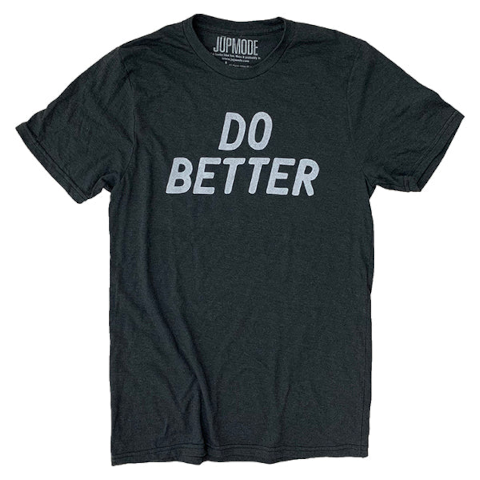





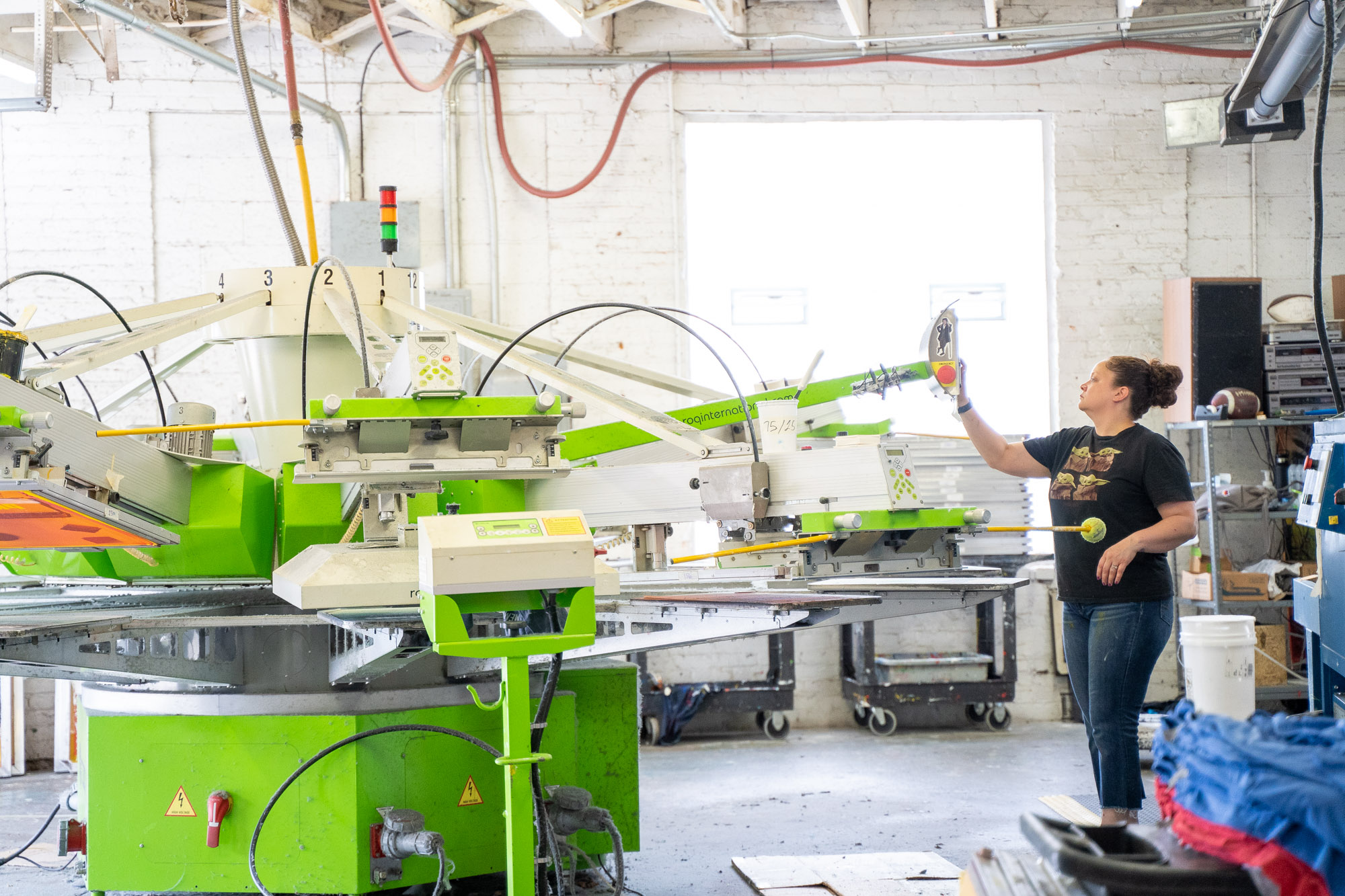
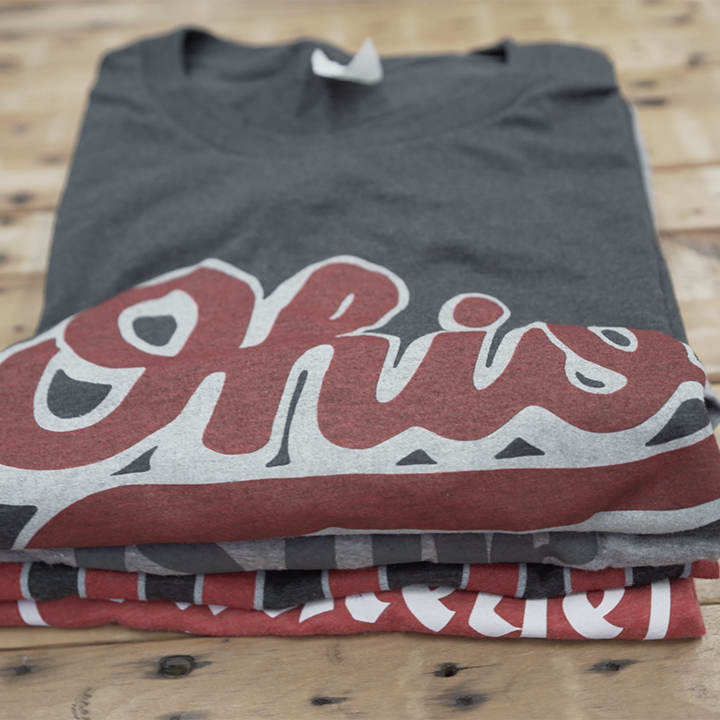

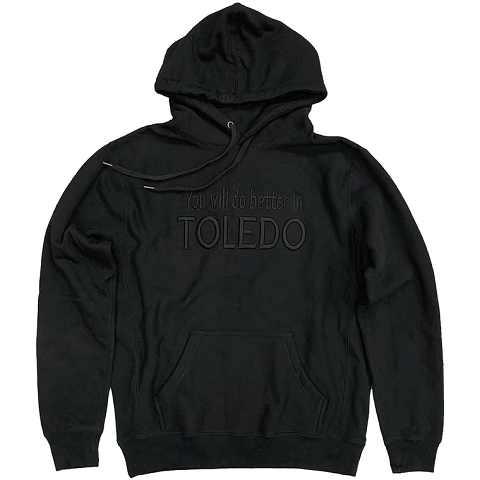
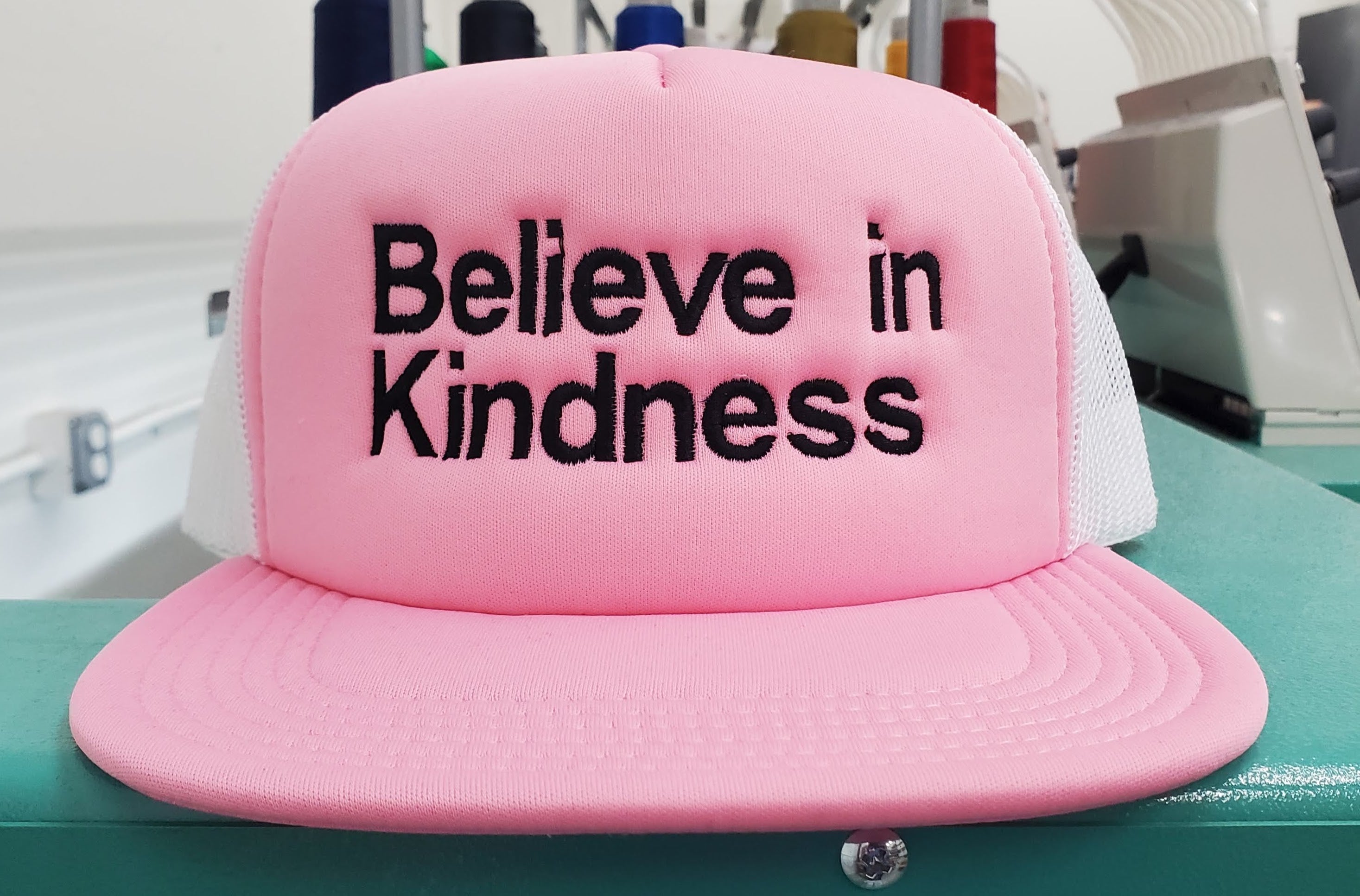
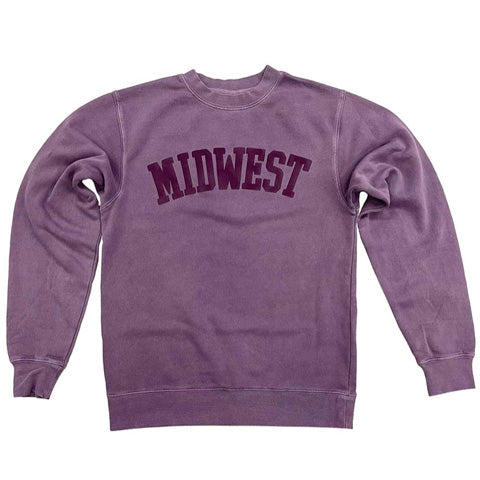

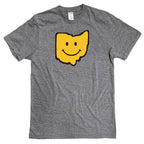
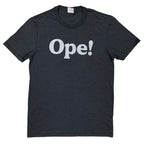
Comments
Write a comment